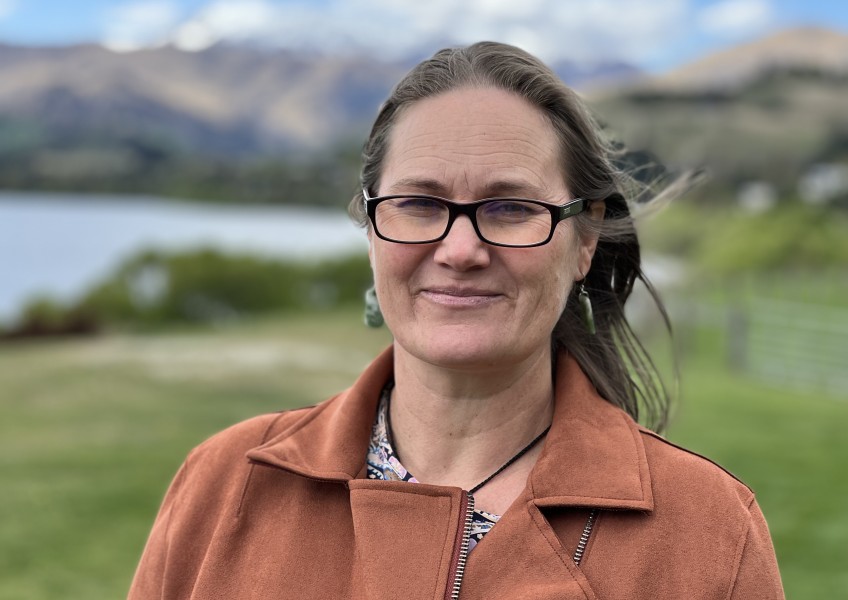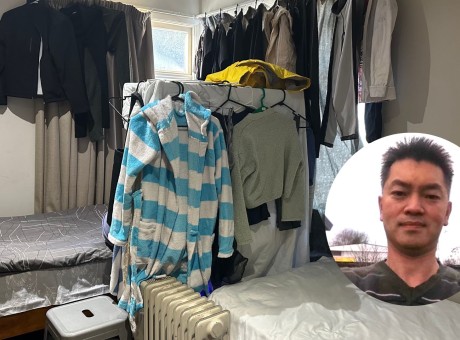Councillor concerned QLDC policy change could silence elected members

Councillor Niki Gladding has concerns proposed changes to the Queenstown Lakes District Council's policy on fraud may muzzle councillors and deter them from sharing information with media.
The policy has been considered by the Audit, Finance and Risk Committee, which is now recommending the council adopt a revision of it.
However, the proposed tweaks were not unanimously supported by the committee, with Councillor Gladding voting against the recommendation motion.
Now, whether or not the draft policy passes and comes into effect is a decision for councillors that will be made at tomorrow's full council meeting.
Speaking with Crux, Councillor Gladding says she has concerns that if the revision is approved the resulting policy could be "weaponised" against councillors.
"We need to be really careful...to be accused of fraud is a serious offence."
She acknowledges the established Code of Conduct for councillors already safeguards against inappropriate leaks of information to media, but the draft policy would change the playing field dramatically.
"If councillors are going to release information to the media in a considered way and make those judgments, a breach of the Code of Conduct and being dealt with through that processes is one thing; being accused of fraud is another entirely, and we need to be really careful about that."
While she says councillors "may decide to do that", she thinks there is a lack of clarity about exactly what behaviours by councillors could be captured by the revised policy, and that doesn't make for good decision making.
"They (councillors) need to do so knowingly, they need to know what will be captured by the definition and they need to know what won't be."
She says she had asked council staff for further legal advice on the matter.
"They've come back and said, 'No, we're not providing it'.
"I've had a note back and the staff have said that the text is straightforward and the meaning is clear, and that the questions I've posed as legal questions are for the most part value judgements best made by the councillors, who are tasked with approving the policy, which seems strange to me."
She is also worried if the revised policy goes through it could impede good local democracy.
"It's really concerning because the policy would muzzle councillors; no one wants to risk being accused of 'fraud'. But transparency is the key to accountability and a well-functioning democracy, and councillors are charged with ensuring the council is transparent. To me, this policy means we won't be able to do that part of our job."
The revised policy has a paragraph outlining 'fraud' and then goes on to list, in bullet points, types of fraudulent behaviours.
One of them, 'disclosing confidential or proprietorial information to third parties'.
Councillor Gladding's beef is with this listed behaviour, and in particular when it is coupled with a final and new point, an all-encompassing statement saying, 'any of the above for personal gratification and/or edification, whether or not there is pecuniary gain'.
Councillor Gladding says under the proposed new rules any move by an elected member to release information for "educational purposes" to the media would be "fraught".
It is her view it is not clear what would be covered by "confidential and proprietorial information".
"It should be defined in the policy."
At the Audit, Finance and Risk Committee committee that considered the revised policy, Councillor Gladding unsuccessfully sought an amendment to protect councillors who release correct information that does not involve deception and that cannot result in pecuniary gain or losses from any allegations of fraud.
But the move failed to garner support from other committee members.
In his report to councillors ahead of tomorrow's meeting, QLDC chief executive Mike Theelen says he expects Councillor Gladding to raise her concerns again in that forum.
He says, "The key purpose of the policy is to outline QLDC’s zero tolerance of fraud" and outlines that the policy also includes provision for a 'Fraud Control Plan', which will detail controls the council will put in place to "prevent fraud through promotion, training, monitoring, vigilant practices and clear expectations of behaviour".
If the revised policy is passed tomorrow, he anticipates a 'Fraud Control Plan' will be in place by the start of July.
While the current fraud policy, adopted in 2017, applies to QLDC employees, the revised policy would also apply to councillors.
A report to the Audit, Finance and Risk Committee committee in March says expanding the policy's scope to include councillors, as well as council contractors and volunteers, is "in line with best practice".



























